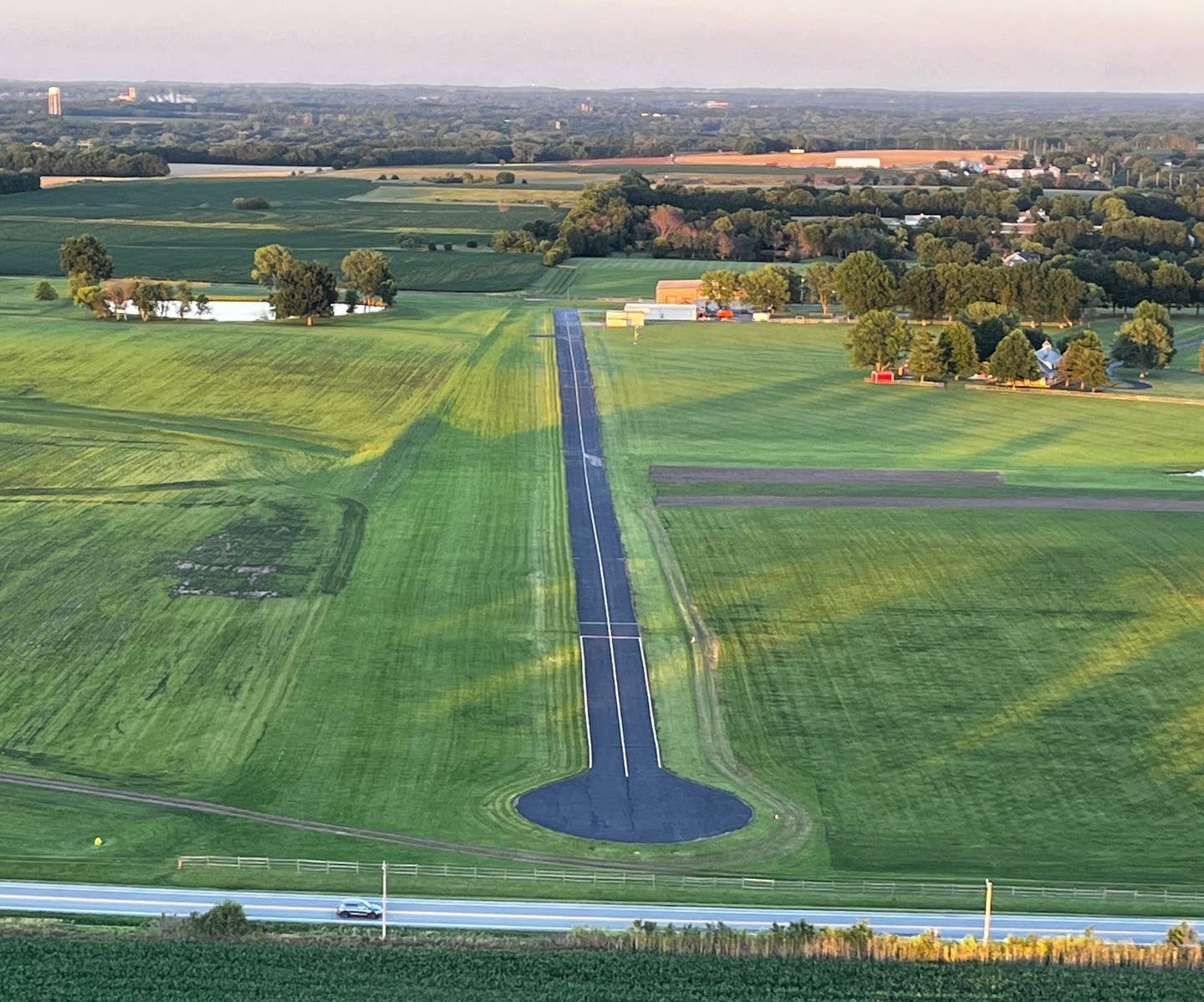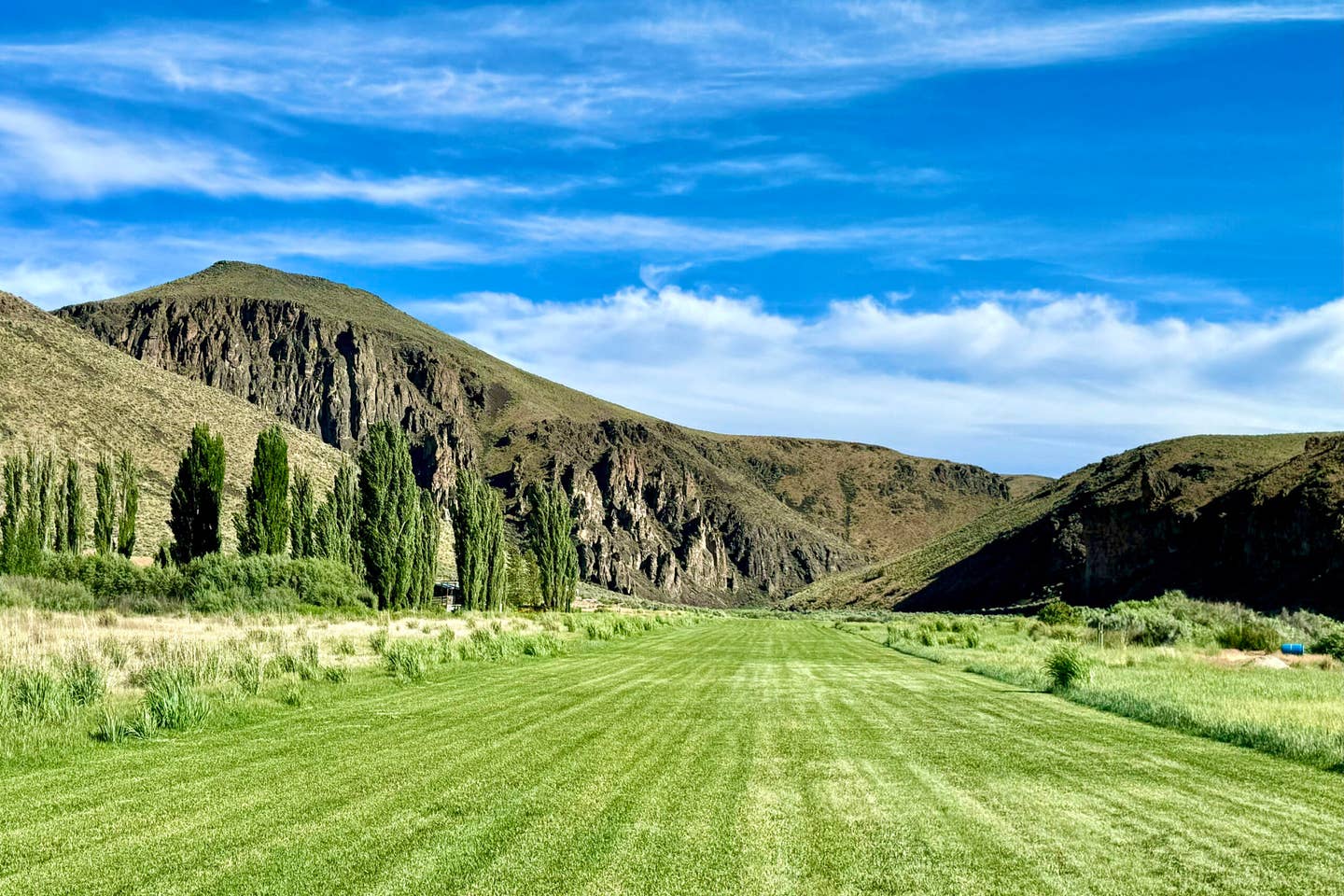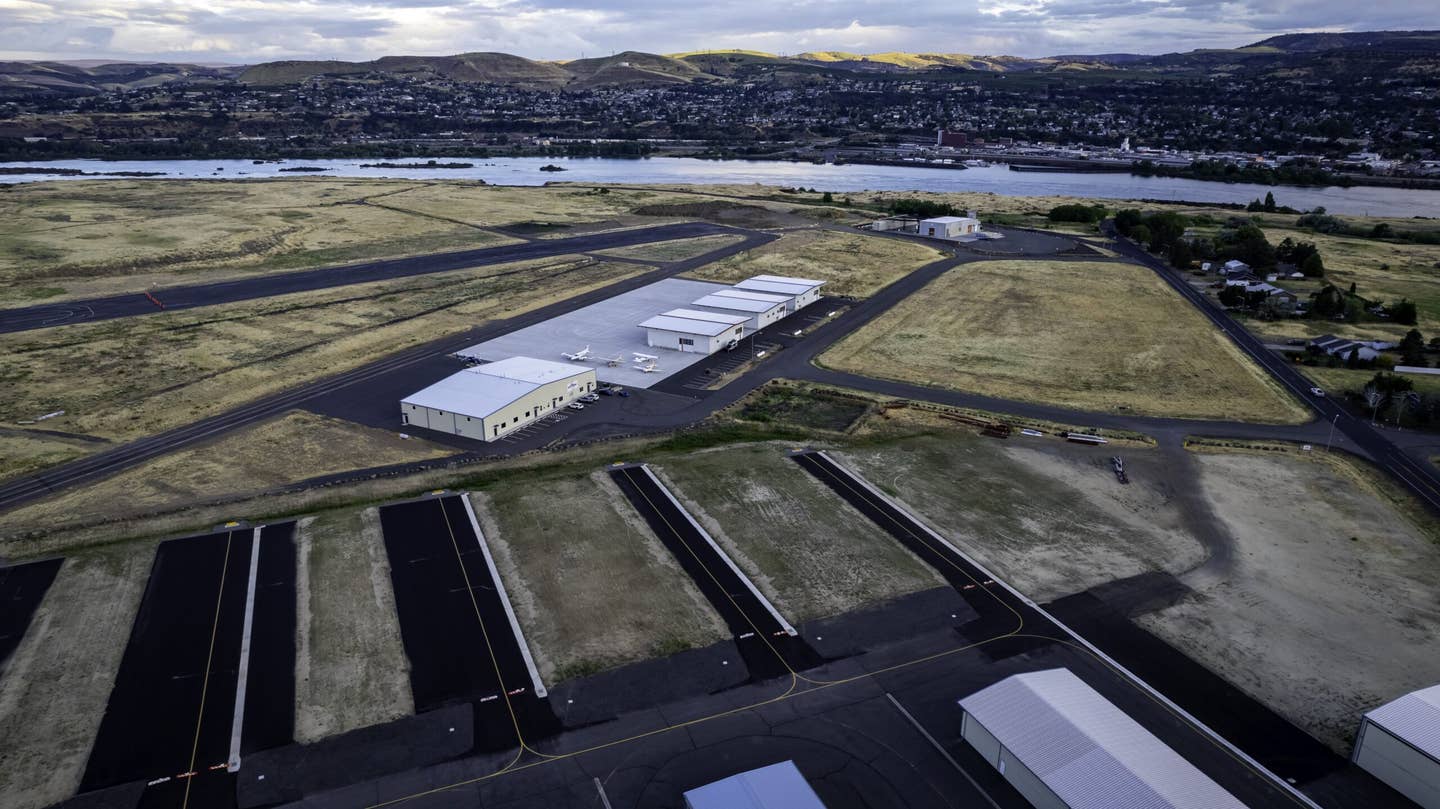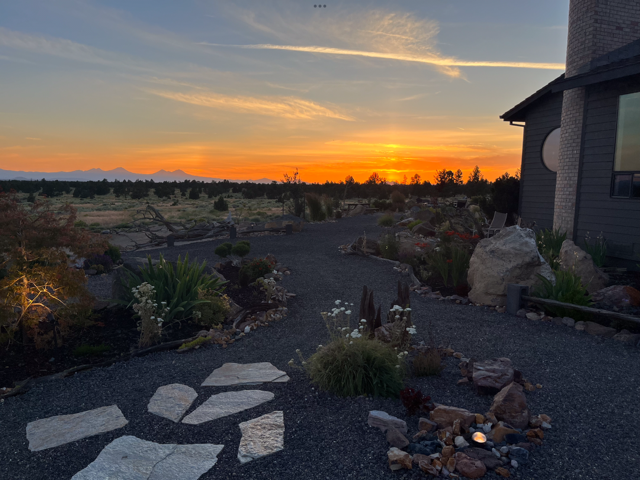The Sequatchie Valley Offers a Wonderland for Flying Adventures
Located in the heart of the Southeast, Tennessee’s Great Valley beckons with a promise of outdoor adventure for pilots and the entire family.

An Icon A5 flies over the verdant forest that lines the Sequatchie Valley. [Photo: Jim Barrett]
Do you love scouting your next great flying destination, finding the airstrip that takes you into the heart of your next outdoor adventure? Southeast Tennessee was made for flying as a way to immerse yourself in the outdoors, and the Sequatchie Valley offers multiple opportunities for on- and off-runway adventures.
Known as Tennessee’s Great Valley, the nearly straight 150-mile-long, 3- to 6-mile-wide geological divide—bordered by the Cumberland Plateau to the west and Walden Ridge to the east—is an outdoor playground for the entire family. The valley and its parallel mountain ridges offer some of the country’s best rock climbing, hiking, hang-gliding, fishing, golfing, off-roading, and other recreational activities.
The Lay of the Land
The Sequatchie Valley region includes the agricultural-rich bottom lands of the valley—referred to as an anticline because of its compression-related geological origins—and up to 1,500-foot-high forested plateau escarpments that form its east and west borders. Famous for its sandstone boulders and cliffs, the rock formations along the valley’s steep slopes appeal to traditional, sport, and boulder climbers. There are 17 public climbing areas in the region including the renowned Tennessee Wall and Stone Fort crags.
Thanks to the preservation efforts of the Southeastern Climbers Coalition (SCC), the Access Fund, a nonprofit climbing advocacy organization, and others, a new public climbing area, Woodcock Cove, is now open. Located on the western rim of the Sequatchie Valley, west of Dunlap, the 64-acre property managed by the SCC includes a mile-long sandstone cliffline that ranges from heights of 30 to 90 feet, and a 75-foot freestanding sandstone tower. Those scaling these rock faces take in breathtaking views of the river and valley.
A Paddler's Delight
The Sequatchie River originates just north of Pikeville at the "Head of the Sequatchie" spring and travels for 116 miles south before reaching the Tennessee River near the Alabama state line. A natural blueway, the river offers slow and easy paddling that’s perfect for kayaks, canoes, and stand-up paddleboards. With public access sites from Pikeville at Old Mill Road to Whitwell in the south, paddlers can travel from 3 to 16 miles on already mapped blueway routes.
The only reported hazards on these routes are an occasional log jam, further north where the river is narrow, and a low-head dam at Ketner’s Mill near Whitwell. Paddlers should give a wide berth to this dam, which has been known to cause drownings. When paddling downstream, exit the river upon spotting the mill and portage your watercraft well past the dam’s undertow and deadly backwash before putting back in.
Outdoor Diversions
Rock climbing and paddling are just the tip of the spear when it comes to recreational opportunities. The area is also known for its miles of hiking and cycling trails, hang-gliding, and other outdoor sports.
Fall Creek Falls, for example, is a popular hiking, camping, natural swimming, and tubing destination, and it has one of the highest waterfalls in the eastern U.S. A 40-minute drive from the valley’s central point at Dunlap, the state park also offers a championship golf course and an 85-room lodge with a restaurant and conference and meeting spaces that overlook Fall Creek Falls Lake. With three mountain bike trails and more than 56 miles of hiking, the park is a favorite for locals and visitors alike.
Not to be outdone, nearby South Cumberland State Park is Tennessee’s largest state park. It comprises 30,845 acres and has 90 miles of hiking trails and some of the best backcountry camping in the region.
If golf is your game, travel to the head of the valley to Crossville—known as the Golf Capital of Tennessee—which offers nine expertly designed golf courses with a range of handicap skill levels, all within a 20-mile radius.
The best view of the valley is arguably from above. Several hang-gliding and paragliding launch locations dot the valley’s ridgelines. Flying Camp Paragliding has paragliding instruction and solo certification, and tandem flights for novices; while Tennessee Tree Toppers (TTT), a nonprofit and chapter member of the U.S. Hang Gliding and Paragliding Association, caters to association members. Visiting pilots may purchase a 30-day TTT membership option.
Those who want a more exciting experience—and a more fleeting view of the valley—can try skydiving. The Chattanooga Skydiving Company, located at Marion County Airport-Brown Field (KAPT), offers tandem jumps, education programs, and fun jumps for certificated skydivers over the Sequatchie Valley.
Care to improve your marksmanship? The Dead Zero Shooting Range in nearby Spencer offers covered outdoor sporting clay lanes, skeet/trap areas for shotguns, archery (3D archery) lanes, and rifle/pistol bays.
If horseback riding is your thing, the Tennessee Dude and Guest Ranch in scenic Dunlap is sure to please. The ranch offers two- to seven-day custom vacations, where each guest is assigned a horse. Vacation stays include overnight accommodations, farm-to-table meals, daily trail riding, Bible study, and instruction in the cowhand way of life. Four- to six-hour ranch and ride day programs are also available.
Off-roading is another recreational option. Located at the south end of the valley, near South Pittsburg, the Adventure Off Road Park has more than 120 off-road trails, and tent and RV camping. The newest off highway vehicle (OHV) trails to open in the region are located in Grundy County on the Cumberland Plateau, a roughly 45-minute drive from Dunlap. Coalmont OHV Park, which was set to open in June 2022, will offer 1,346 acres of trails and be the first city-owned OHV park in the state.
History
In addition to recreation, the Sequatchie Valley has a rich history to explore, from its Native American past—the valley was actually named for a Cherokee Chief, Sequachee—to its coal-mining days. In its heyday, the Chattanooga Iron and Coal Corporation owned and mined 16,000 acres of coal land near Dunlap, employing 350 people. The Coke Ovens Museum near Dunlap, which is listed on the National Register of Historic Places, preserves the remnants of 268 beehive coke stone ovens. In the early 1900s, the ovens converted mountain coal into industrial coke, which was used to smelt iron ore. The museum houses the state’s largest collection of regional historic coal mining photographs, and its wooded grounds witnessed the forced westward migration of Native Americans in the 1800s, known as the Trail of Tears. The area is also famous for its moonshine production during the Prohibition era (1920-1933). An historic still is on display at the museum.
Local Events & Festivals
| September 30-October 2 | Fall Festival | Pikeville |
| October 1 | Cycle Sequatchie Century & 3 Mountain Challenge, Sponsored by The Fields | Dunlap |
| April 2023 | National Cornbread Festival | South Pittsburg |
| May 2023 | Valley Fest | Dunlap |
| May 2023 | Songwriters Festival | Dunlap |
This article was first published in the 2022 Southeast Adventure Guide of FLYING Magazine.

Subscribe to Our Newsletter
Get the latest FLYING stories delivered directly to your inbox






